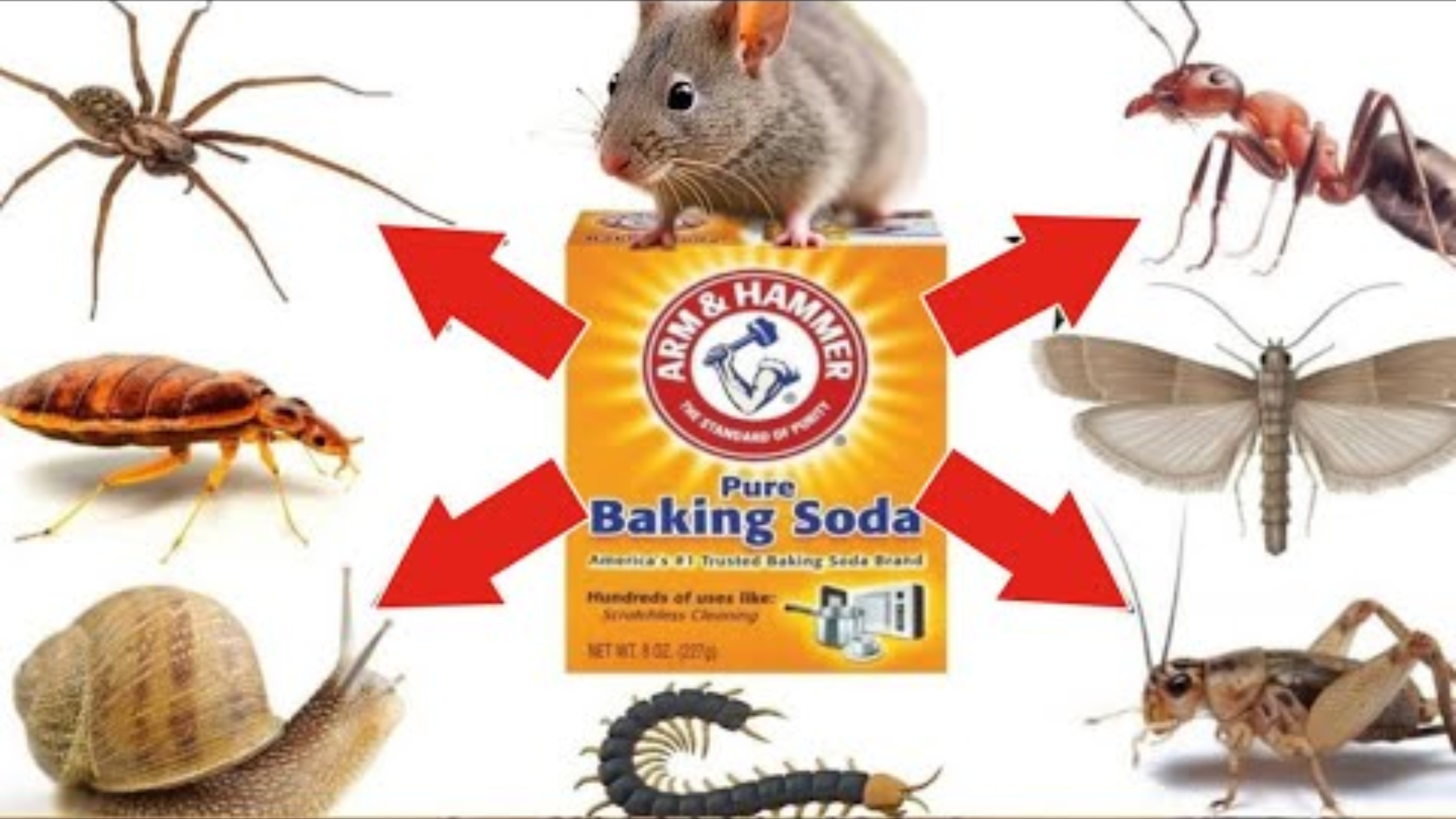Dealing with mice can be a frustrating experience, especially when they invade your space, damage your belongings, and spread illnesses. These pesky rodents are not just annoying—they can also pose health risks, contaminate food, and cause structural damage over time. While many turn to harsh chemicals or costly pest control services, there is a range of natural, eco-friendly options that can help you repel mice safely and effectively. This guide explores seven proven natural tips to keep mice at bay, making your home safer and more comfortable.
1. Peppermint Oil: Nature’s Ultimate Deterrent
Peppermint oil has long been celebrated for its strong, refreshing scent, which mice find intolerable. Its potent aroma confuses their sensitive noses, discouraging them from settling in or entering your home.
How to Use Peppermint Oil:
- Cotton Ball Method: Soak several cotton balls in pure peppermint oil and strategically place them near areas where you’ve spotted mice or suspect entry points—under sinks, behind appliances, or along baseboards.
- Spray Solution: Mix 10-15 drops of peppermint oil with water in a spray bottle. Shake well and spray around entry points like doors, windows, and basement corners. Reapply weekly to maintain its effectiveness.
Tip: Replenishing the scent regularly ensures the smell stays strong enough to deter mice.
2. Cinnamon Sticks and Oil: A Spicy Defense
Cinnamon’s bold, spicy aroma is another odor mice dislike intensely. The scent overloads their olfactory senses and keeps them away from treated areas.
Easy Applications:
- Use Cinnamon Sticks: Place cinnamon sticks in pantry shelves, under furniture, or along window sills. The continuous release of their scent creates a natural barrier.
- Cinnamon Oil Spray: Mix a few drops of cinnamon essential oil with water and spritz around potential entry spots. Reapply every few days to maintain potency.
Caution: Replace or refresh cinnamon sticks and oil sprays often, especially in high-traffic areas.
3. Bay Leaves: A Simple Yet Effective Barrier

Bay leaves are inexpensive and easy to use, with a strong aroma that mice avoid. Their scent irritates rodents, making areas with bay leaves unattractive for nesting or scavenging.
Placement Tips:
- In Food Storage: Put bay leaves in your pantry, cupboards, or food containers to prevent mice from rummaging through stored goods.
- Around the House: Tuck bay leaves in hidden corners, under appliances, or along the house perimeter to block potential entry points.
This simple natural deterrent is especially useful in food storage areas but works effectively across your entire home.
4. Cloves: The Powerhouse of Pungent Scents
Much like cinnamon, cloves contain a strong, pungent smell that repels mice and other pests.
How to Deploy Cloves:
- Scatter Whole Cloves: Place them in areas prone to mouse activity such as kitchen cabinets, storage boxes, and entryways to create a smell barrier.
- Clove Oil: Mix a few drops of clove essential oil with water in a spray bottle. Spray around the home, focusing on dark corners and entry points.
Regular application enhances the scent’s persistence, making your home less inviting to rodents.
5. Diatomaceous Earth: A Natural Dehydrator for Mice
Diatomaceous earth (DE) is a naturally occurring powder made from fossilized algae. It’s non-toxic to humans and pets but deadly to small insects and rodents due to its abrasive and dehydrating properties.
Application Tips:
- Identify Entry Points: Sprinkle food-grade diatomaceous earth around door frames, window sills, cracks in foundation, and other common entry points.
- Use Carefully: Keep the powder dry, as moisture diminishes its effectiveness. Reapply after cleaning or rainfall.
DE works by damaging mice’s exoskeletons and draining moisture from their bodies, ultimately killing them without chemical pesticides.
6. Steel Wool: Seal and Protect
As small and flexible creatures, mice can squeeze through tiny holes. The best way to prevent this is by sealing gaps with a material they cannot chew through.
Implementation Advice:
- Seal Cracks: Inspect your home for any small cracks near pipes, vents, and windows. Stuff these holes with steel wool, then seal with caulk for added security.
- Larger Holes: For bigger entry points, use a combination of steel wool and other sealants to block access effectively.
This simple step creates a formidable barrier, especially when combined with other repellent methods.
7. Ammonia: Repelling with a Smell of Predators
Ammonia has a strong, pungent scent that mimics predator urine, which mice naturally avoid. Its intense aroma makes it effective for deterring rodents from sensitive areas.
How to Use:


https://t.me/s/beEfCaSiNo_OfFiCiALS